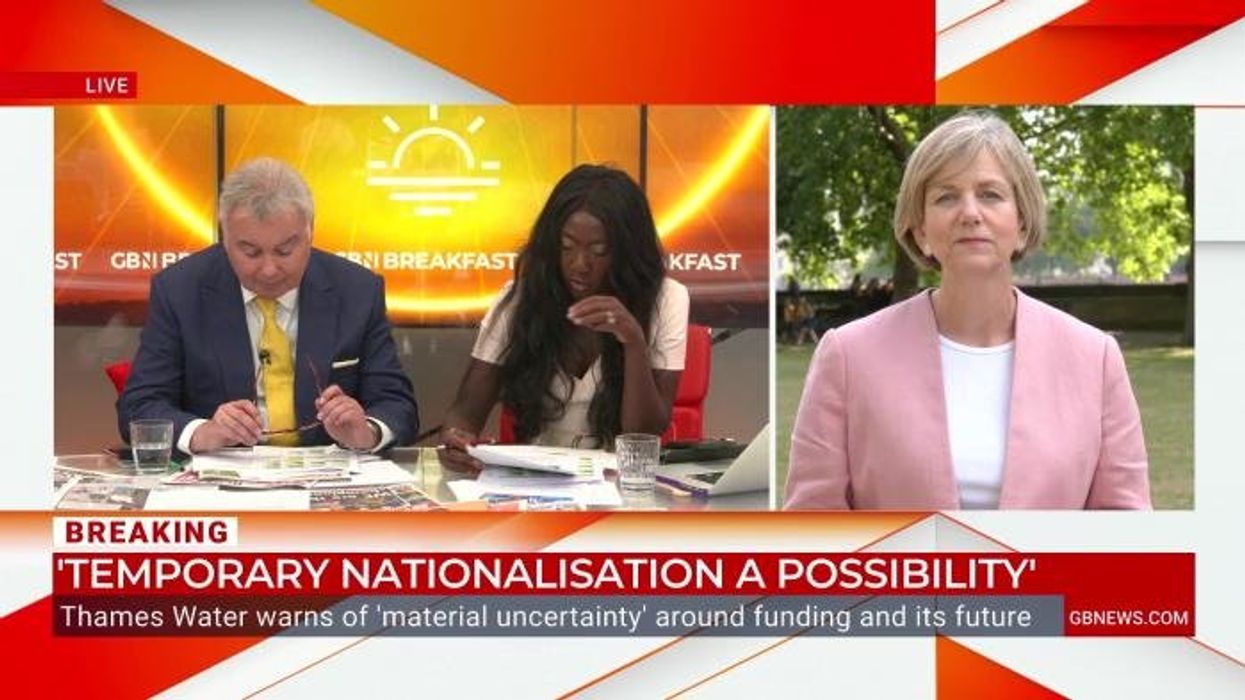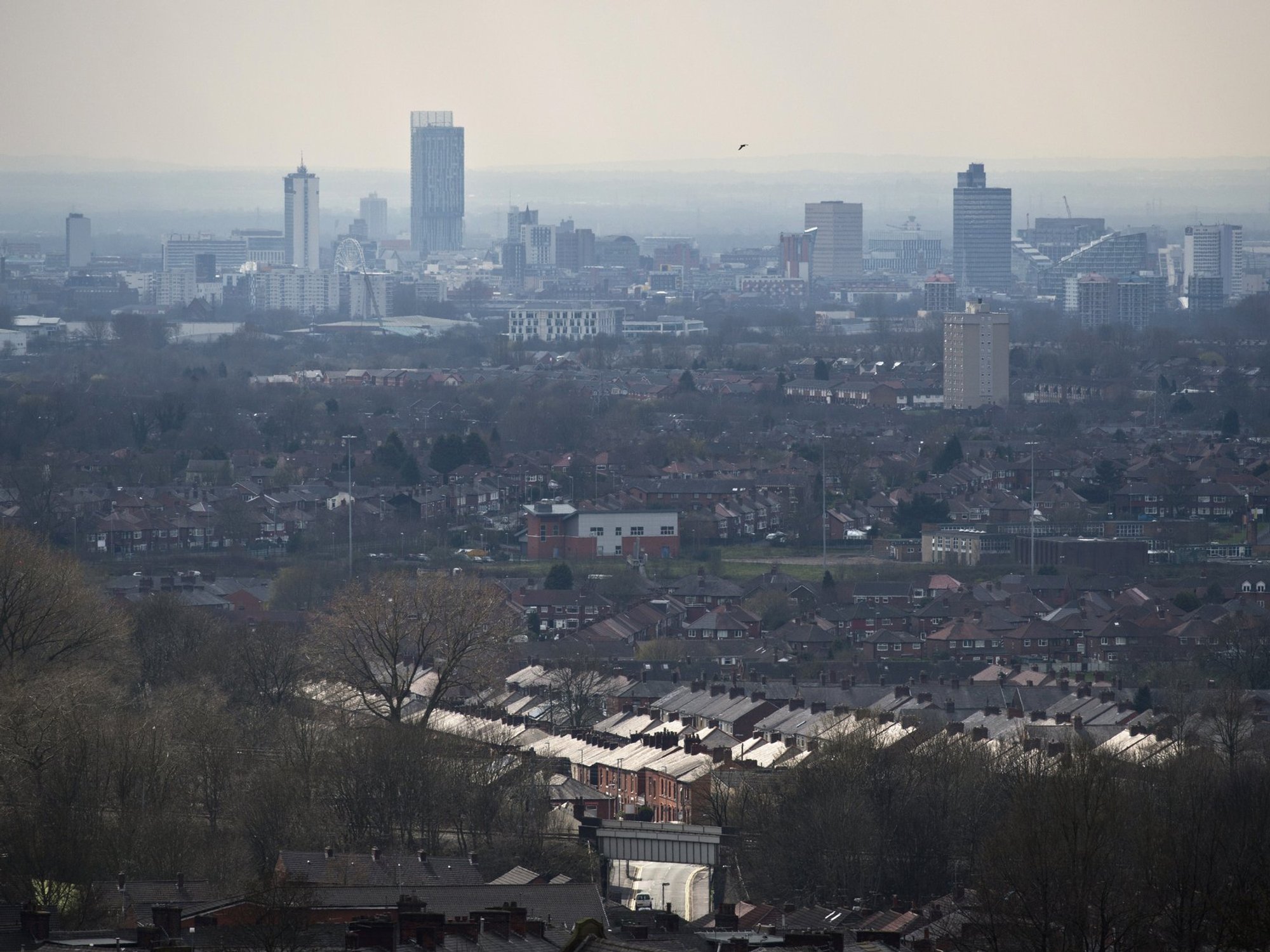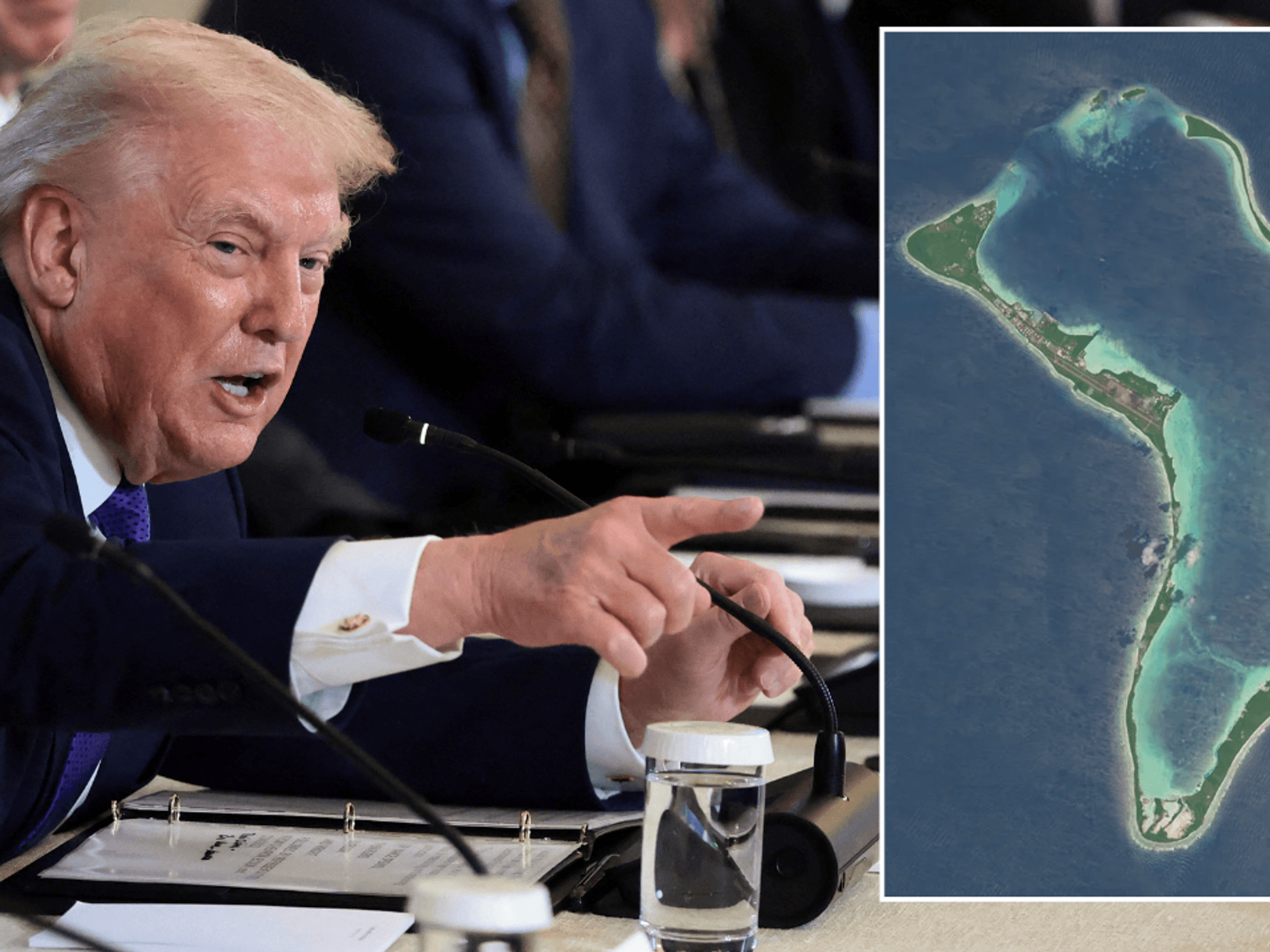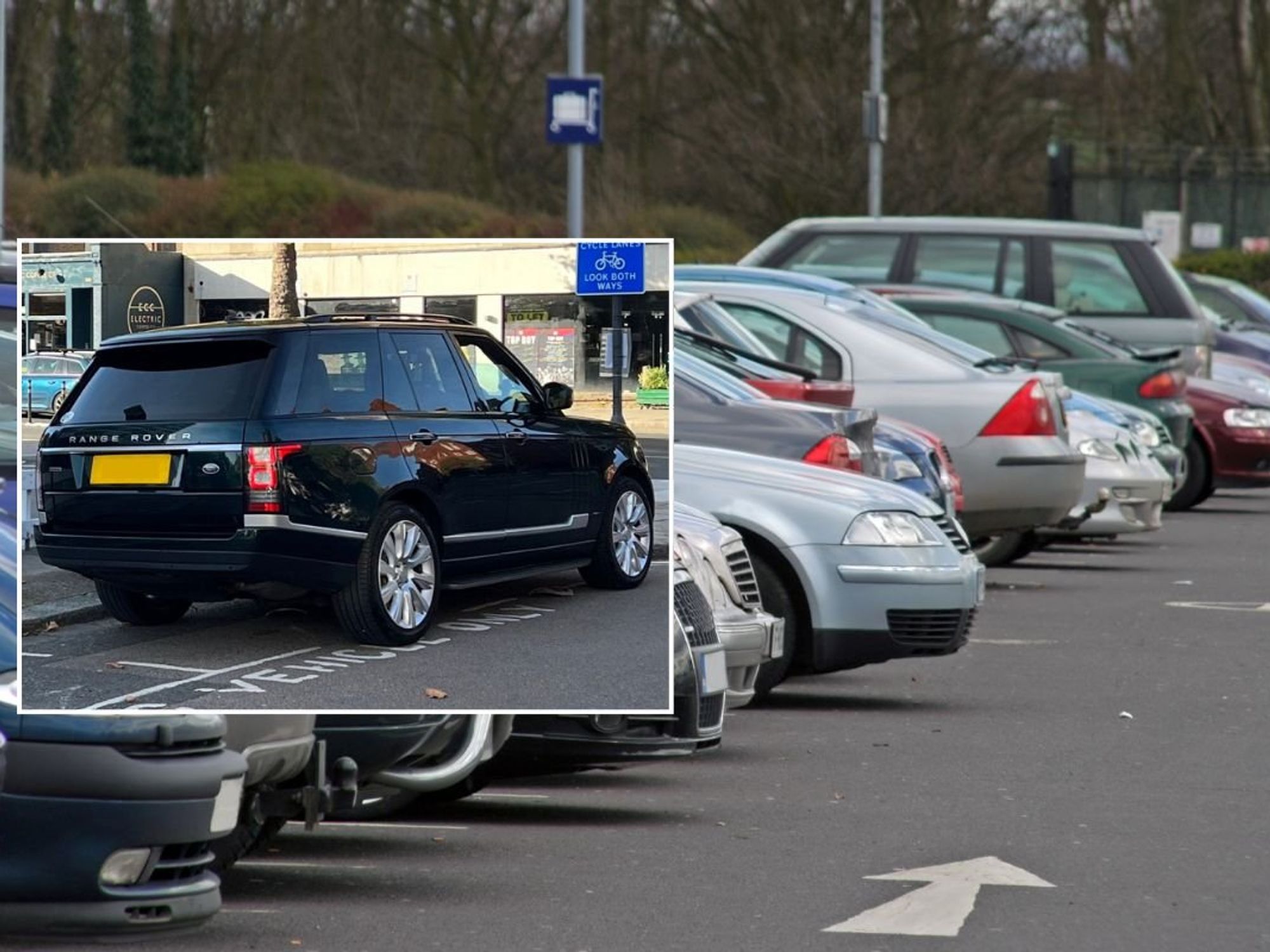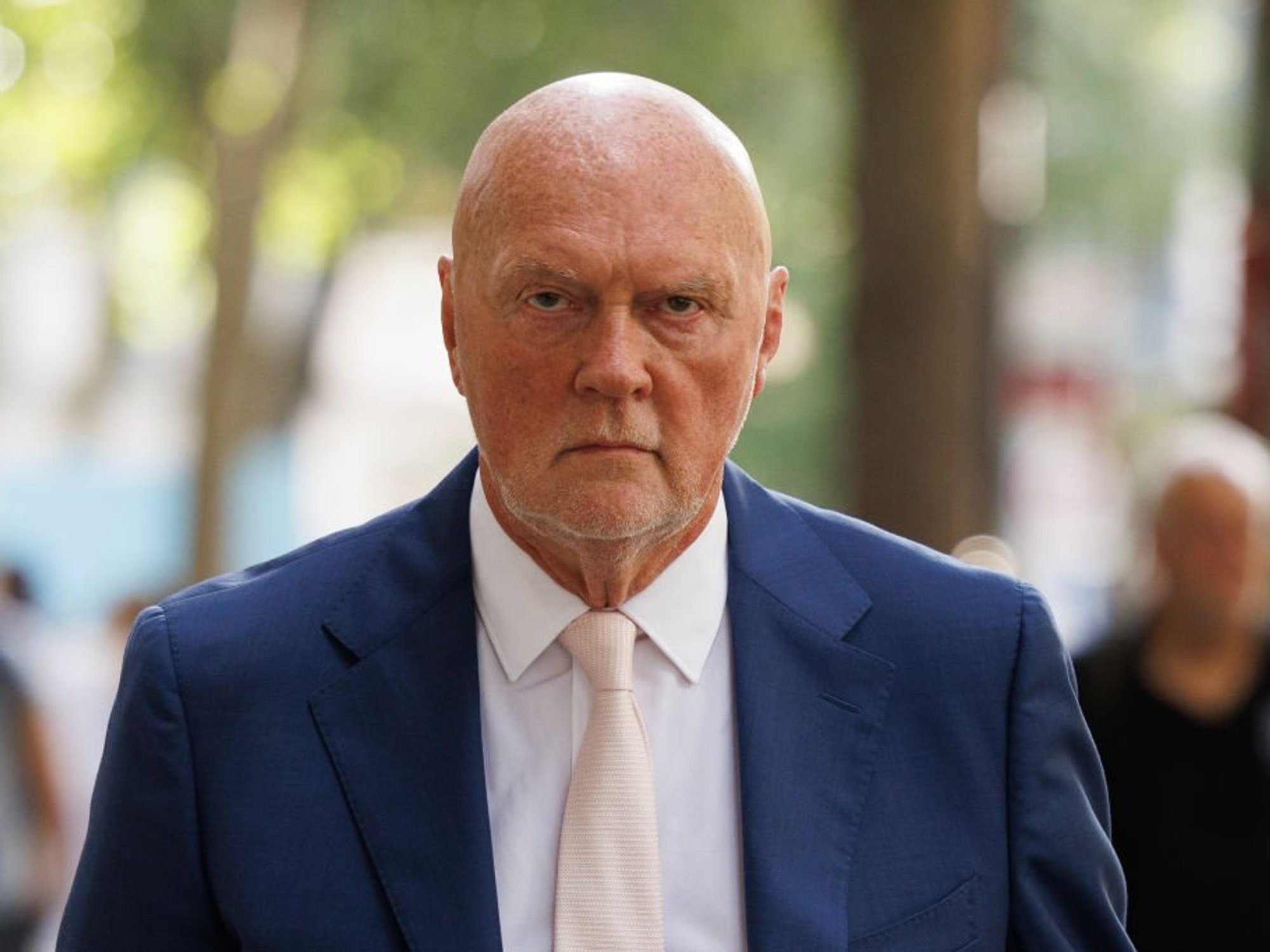Labour's Electric Car Grant faces scrutiny as 'significant' gaps fail to attract petrol and diesel drivers

Experts have poked holes in Labour's new car grants for their restrictive criteria
Don't Miss
Most Read
Latest
The new Government Electric Car Grant has received backlash for falling short of providing meaningful assistance to consumers despite its July launch.
The grant, which offers financial support for electric vehicles priced below £37,000, has faced heavy criticism for its restrictive eligibility criteria and limited funding scope.
Robert Byrne, operations director at adi Vehicle Charging Solutions, has cautioned that the grant's narrow parameters exclude numerous vehicles from the scheme.
He emphasised that while the Government has confirmed more than 30 vehicles on its approved list, the stringent requirements mean only a fraction of the vehicles qualify for meaningful support.
TRENDING
Stories
Videos
Your Say
The scheme offers two grant levels, with the highest providing £3,750 for vehicles meeting the most demanding environmental criteria, while a second tier offers £1,500.
According to Mr Byrne, the grant limitations become apparent when examining the approved vehicle list. "There are some tight restrictions which rule out a significant number of vehicles from the scheme," he stated.
Of the vehicles on the Government's approved list, merely two models currently achieve the maximum £3,750 grant under level one criteria. The vast majority have secured approval only for the £1,600 level two grant due to imposed restrictions.
Mr Byrne drew comparisons with previous support schemes, noting that the 2011 Plug-in Car Grant offered £5,000 for new electric and plug-in hybrid vehicles. "This doesn't come close," he observed.

Experts pointed to serious flaws in the Government's electric vehicle scheme
| PAWhile acknowledging benefits for those purchasing approved vehicles under £37,000, Mr Byrne pointed out that numerous electric vehicles at the lower price range remain ineligible under current criteria.
Mr Byrne identified substantial cost disparities between domestic and public charging infrastructure as a critical issue requiring government attention.
Electric vehicle owners face VAT rates of up to 20 per cent at public charging stations, compared with approximately five per cent for home charging.
The price differential proves stark, with home charging costs as low as five pence per kilowatt hour during off-peak periods. Public infrastructure charges range between 60 to 85 pence per kilowatt, representing a tenfold increase depending on location across the UK.
LATEST DEVELOPMENTS:
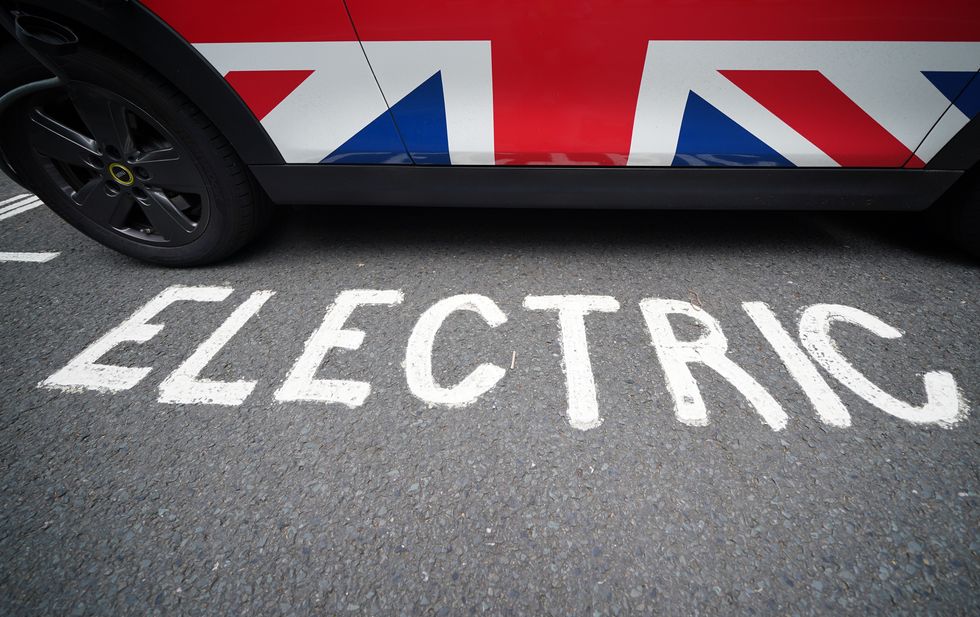
Experts warned that public charging costs remain too high for EV drivers
| PA"Addressing this gap is another measure the Government could take to make a bigger impact," Mr Byrne stated, noting this would benefit all electric vehicle drivers.
Research by Zapmap indicated that reducing public charging VAT to five per cent could save drivers relying solely on public infrastructure approximately £211 annually.
The Government's £63million infrastructure investment has prompted questions about allocation priorities and practical implementation.
Mr Byrne expressed reservations about the cross-pavement charging initiative, despite recognising its potential benefits for residents without driveways.
"It could potentially present issues for health and safety, as well as from a security perspective. Will channels in the pavement be used correctly/safely? Is this the best use of public money?" he questioned.
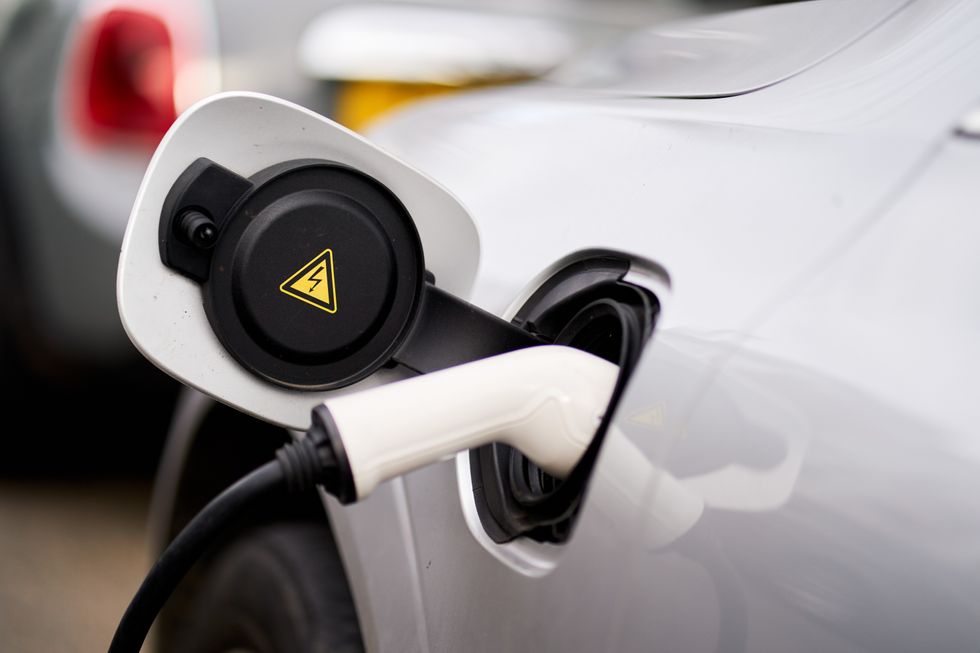
The new grants offer drivers discounts of up to £3,750 off the cost of electric vehicles
| PAThe designated funds for installing chargers at NHS facilities drew particular scrutiny. "There's a significant amount of money that goes into building this type of infrastructure. So, how many chargers does £8million buy us?" Mr Byrne asked.
He acknowledged that while any investment in the electric vehicle market represents progress, the funding must be deployed sensibly to provide genuine support for both prospective buyers and existing owners.
The second-hand electric vehicle market presents opportunities alongside challenges, according to Mr Byrne.
"Batteries are a particular cause for concern amongst consumers, but based on the emerging evidence, it seems performance is much better than originally expected," Mr Byrne explained.


